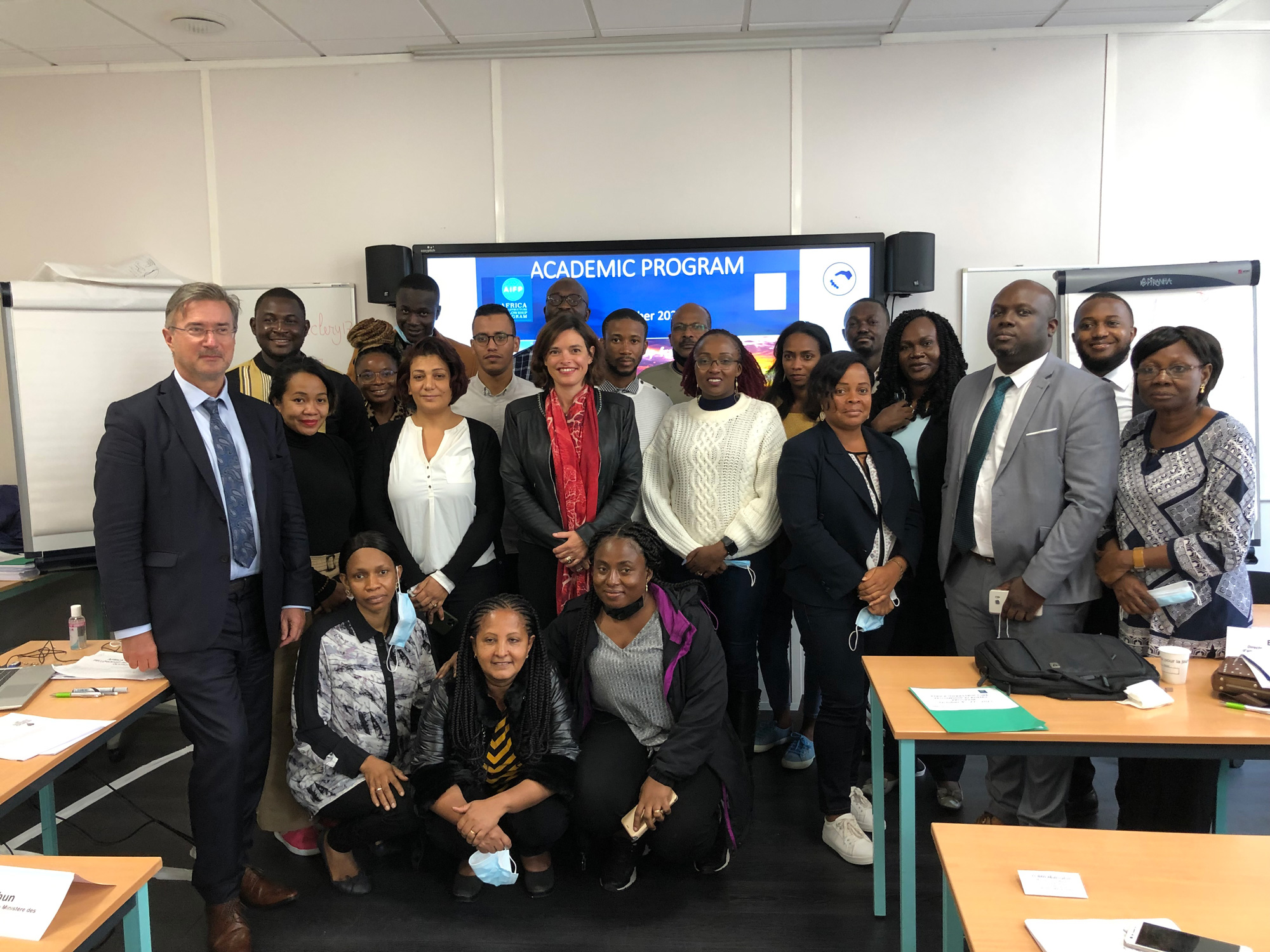916 results found
Featured results



More results
The Indonesian Government aims to expand its geothermal energy sector to reduce greenhouse gas emissions. The Green Climate Fund (GCF) and Clean Technology Fund (CTF) are offering USD127.5m in financing, consisting of a senior concessional loan for public sector projects, a reimbursable grant for private sector projects, and a grant for technical assistance. World Bank will also provide USD100 million loan to scale up investments in geothermal energy in Indonesia.
The Indian government has committed to reducing the emissions intensity of its GDP by up to 25% by 2030. Buildings are identified in its nationally determined contributions (NDC) as one of the key levers to achieve this goal. The World Bank identified India as a prospective case study to carry out a quantitative assessment of the potential impact of the mechanism due to its complex?housing market, economic conditions and Federal structure. An economic cost-benefit analysis was conducted using the Excellence in Design for Greater Efficiencies (EDGE) green building software and cash flow modelling to assess the potential impact of a USD50m auction on the Indian market.
The ACGF is an innovative finance facility dedicated to accelerating green infrastructure investment in Southeast Asia with over USD1.4 billion in loans from co-financing partners, under the ASEAN Infrastructure Fund (AIF). The ACGF’s technical assistance supports governments to identify and prepare commercially viable green infrastructure projects while the ACGF loans are utilised to cover upfront capital investment costs. This two-pronged approach ‘de-risks’ green infrastructure projects, making them more attractive to private capital investors.
This month the GIobal Infrastructure Hub (GI Hub) was delighted to participate in the second Africa Infrastructure Fellowship Program (AIFP). The capacity-building program is designed to upskill African government infrastructure specialists, enabling them to facilitate increased investment in a pipeline of new, sustainable infrastructure that has positive social and economic impact in African communities.
The GI Hub today launches Improving Delivery Models, an initiative that showcases proven delivery model improvements that enhance the quality of infrastructure. Many of the challenges faced in delivering infrastructure can be traced back to the early-stage processes of choosing the delivery model and structuring the project.
Cities are at the forefront of the pandemic crisis and are key players in the fight to achieve net-zero emissions targets. The recovery choices they make today will set urban agendas for years to come.
Infrastructure is one of the least technologically transformed sectors of the economy and there is a global consensus that our industry needs innovation to solve big challenges like the resilience of infrastructure during future pandemics, the rise of climate change, urbanisation, and an ageing population
The G20 Finance Ministers and Central Bank Governors (FMCBG) gathered for their fourth official meeting under the Italian G20 Presidency on 13 October 2021. Today, the results of the discussion were shared in the official Communiqué of the meeting and the Fourth Progress Report on the G20 Action Plan.
A new GI Hub initiative, launching in November 2021, tracks the amount of infrastructure as a stimulus announced by G20 governments and presents data insights that will help governments, investors, multilateral development banks, and project directors achieve transformative outcomes from infrastructure in the post-COVID-19 recovery.
A Dedicated initiative co-curated by Small Island Developing States (SIDS) and CDRI partners to promote resilient, sustainable, and inclusive infrastructure development in SIDS

This special report is the world’s first comprehensive study of how to transition to a net zero energy system by 2050 while ensuring stable and affordable energy supplies, providing universal energy access, and enabling robust economic growth

Watch the GI Hub and International Finance Corporation (IFC) webinar ‘Green recovery for cities: What role can the private sector play’, the second in the series 'New Deals: Funding solutions for the future of infrastructure'. The discussion explored green recovery solutions and highlighted lessons learnt from two projects.
Join the GI Hub and IFC for Session 3 in the webinar series 'New Deals: Funding solutions for the future of infrastructure'. This session will include an expert panel discussion of innovations for de-risking greenfield investment.
Long term private investors have long started investing in those assets, but the potential - and the need - for more and better private investment remains huge. Drawing on the vast pool of experience and contributions of LTIIA members, this report analyses the current constraints and current challenges limiting institutional investors’ share of the market.


Infrastructure Monitor identifies and analyses global trends in private investment in infrastructure to inform future investment and policy.



The Joint Report on Multilateral Development Banks Climate Finance is an annual report that makes public the MDB climate finance figures, with explanation of the methodologies for tracking this finance.



WHO and UNICEF established the Joint Monitoring Programme for Water Supply, Sanitation and Hygiene in 1990, and published regular global updates throughout the Millennium Development Goal period.


The New Climate Economy explores how countries at all levels of income can have better economic growth and a better climate.

This Primer provides an introduction to blockchain technology, outlines some of the potential benefits it can bring, and considers the risks and challenges it poses.

This report sets out several of the recent advances, and suggests the most promising approaches, to the quantification and valuation of some of the wider economic benefits that flow from transport-related development.








 Improving Delivery Models
Improving Delivery Models








